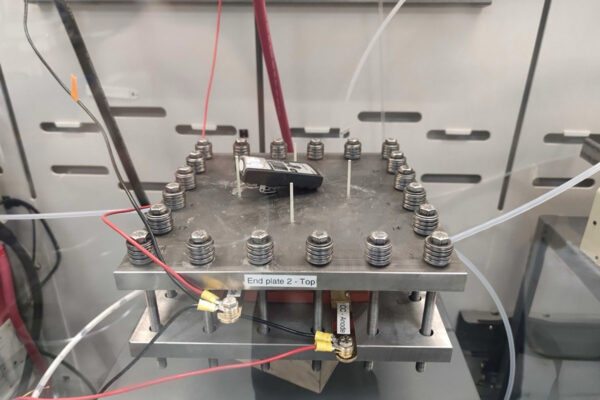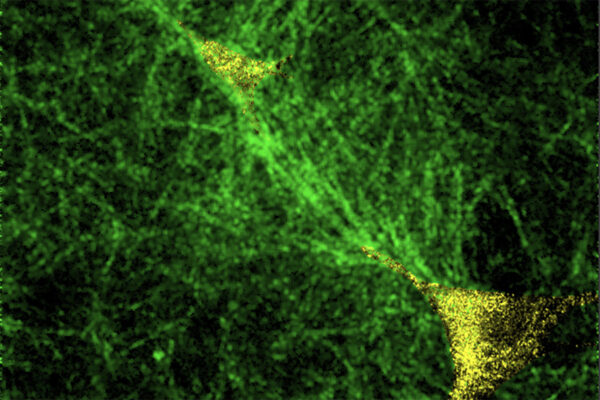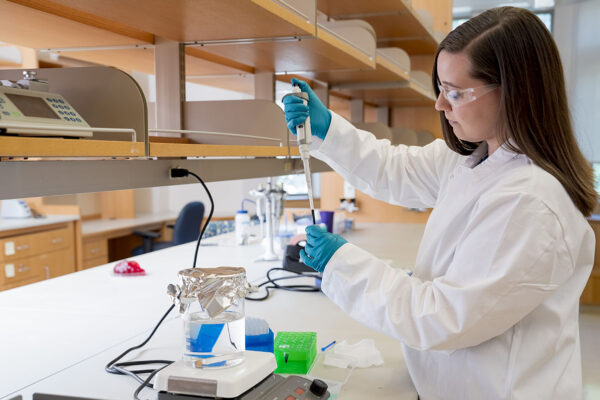Wang receives 2025 Google PhD fellowship
Doctoral student Ruiqi Wang at Washington University in St. Louis has received a prestigious Google PhD fellowship for health research.
Inexpensive materials transform waste carbon into energy-rich compounds
Research from engineers at Washington University in St. Louis will help turn waste gas into energy-rich compounds for sustainable manufacturing.
Prime time for fiber optics to take a deep dive into brain circuits
A group of researchers from Washington University in St. Louis has created a new kind of fiber-optic device to manipulate neural activity deep in the brain.
New center to develop AI-based imaging tools to improve diagnosis, care
WashU Medicine Mallinckrodt Institute of Radiology is establishing the Center for Computational and AI-enabled Imaging Sciences, in partnership with WashU’s McKelvey School of Engineering, to improve the diagnosis and precision treatment of cancers, cardiovascular disease, neurological diseases and numerous other conditions.
Tissue ‘tipping points’: How cells collectively switch from healthy to disease states
In recent research, Guy Genin, a biomedical engineer at Washington University in St. Louis, has identified phase transitions in living tissue that could explain why fibrosis suddenly accelerates.
Better tools to improve ‘computer vision’
Computer engineers from Washington University in St. Louis have released a round of “computer vision” tools that can help with species classification and autonomous driving technologies.
WashU engineering alumni earn first prize at inventor’s competition
Three engineering alumni who recently earned their degrees from Washington University in St. Louis won first place at the Collegiate Inventor’s Competition with a tool to help those with food allergies.
Engineers create hydrogels to monitor activity in the body
Researchers at Washington University in St. Louis have created injectable bioelectric hydrogels for use in monitoring biological activity such as heart rate.
WashU faculty research honored with ‘test of time’ award
Computer science researchers at Washington University in St. Louis were honored for a paper that has made a longstanding impact on the field of embedded software.
Board grants faculty appointments, tenure
At the Washington University in St. Louis Board of Trustees meeting Sept. 19, numerous faculty members were appointed, promoted or granted tenure, with most taking effect that day.
View More Stories









